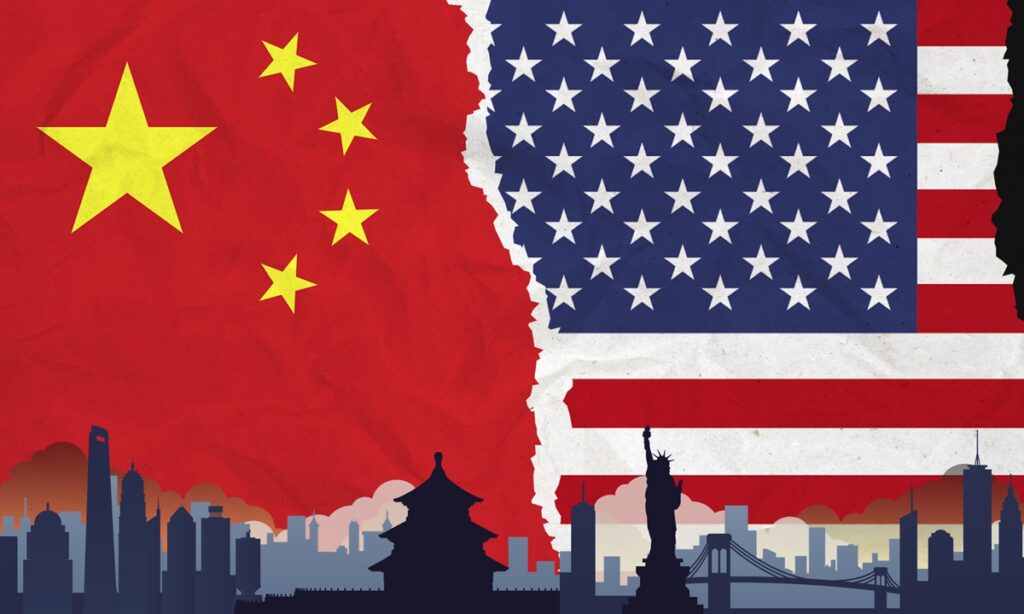A U.S. official is heading to Japan after meeting with the Dutch government to encourage allies to further restrict China’s ability to produce advanced semiconductors, a source told Reuters on Tuesday.
Alan Estevez, the U.S. export policy chief, aims to build on a 2023 agreement among the three countries to prevent China from obtaining chipmaking equipment that could modernize its military.
In response, Chinese foreign ministry spokesperson Lin Jian expressed opposition to U.S. actions.
“This behaviour has seriously hindered the development of the global semiconductor industry and will eventually backfire,” Lin stated at a press briefing in Beijing.
A Dutch foreign ministry spokesperson confirmed a meeting occurred in the Netherlands on Monday.
Japan’s industry ministry acknowledged various exchanges with the United States but did not comment on diplomatic interactions.
The U.S. initially imposed restrictions in 2022 on shipments of advanced chips and chipmaking equipment to China from companies like Nvidia and Lam Research.
In July 2023, Japan, home to chip equipment makers Nikon Corp and Tokyo Electron, restricted exports of 23 types of equipment, including machines that deposit films on silicon wafers and devices that etch microscopic circuits.
The Dutch government later regulated ASML’s deep ultraviolet (DUV) semiconductor equipment exports to China.
The U.S. also imposed restrictions on additional DUV machines to several Chinese factories, citing jurisdiction because ASML’s systems contain U.S. components. ASML is the world’s largest chip equipment maker by sales and market capitalization.
Washington is discussing with allies the possibility of adding 11 more Chinese chipmaking factories to a restricted list, the source said.
Currently, five factories are on the list, including SMIC, China’s largest chipmaker.
The U.S. also seeks to control additional chipmaking equipment.
A U.S. Commerce Department spokesperson declined to comment. The Dutch Foreign Ministry stated that Monday’s meeting was part of ongoing export policy and security talks between the U.S. and the Netherlands.
In April, U.S. officials visited the Netherlands to prevent ASML from servicing certain equipment in China.
Despite U.S. rules barring U.S. firms from servicing equipment at advanced Chinese factories, ASML’s servicing contracts remain.
ASML said in April it expects to service most of its equipment sold to China, though it cannot use U.S. spare parts under U.S. restrictions. ASML had no immediate comment on Wednesday.
Last year, sanctioned Chinese telecoms giant Huawei launched the Mate 60 Pro phone, powered by a sophisticated chip, symbolizing China’s technological resurgence despite U.S. efforts.
